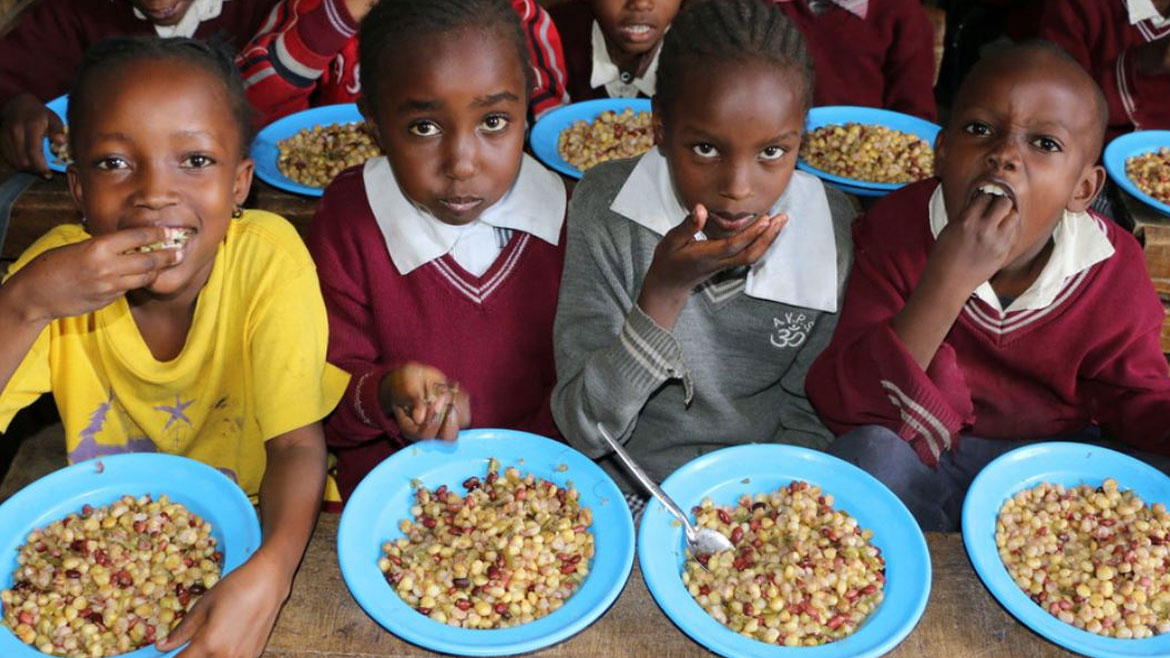The number of people in Colombia who lack access to food reached 30% in the last quarter of 2022, according to the United Nations’ Food and Agriculture Organization (FAO).
This is the equivalent of some 15.5 million people and a major increase compared to January last year wen the FAO estimated that 14% of the population lacked food security.
UN flags Colombia as ‘hunger hotspot’
The situation in particularly problematic in the Caribbean and Pacific regions where 40% of the people suffer between moderate and severe food security, according to FOA.
The situation is worst in the northern Cordoba province where 70% of the people suffer some level of food insecurity.

United Nations’ Food and Agriculture Organization
Urban food insecurity and hunger
The largest number of Colombians who suffer between moderate or severe food insecurity live in the country’s largest cities, the FAO said in a recent press release.
In Bogota, for example, 1.5 million people or 19% of the capital’s residents are survive without the food necessary to do so.
In Medellin, some 642 thousand people, the equivalent of 24% of the residents of Colombia’s second largest city, suffer from food insecurity.
In Cali, 22% of the city’s 2.3 million residents lack food.
The city with the highest number of people suffering from either moderate or severe food insecurity is the northern coastal city Cartagena, where almost 40% of the inhabitants are short of food.
Causes
In its report, the FAO said Colombia’s recent food insecurity statistics are largely due to the consequences of the COVID pandemic, which left hundreds of thousands of people without income.
The situation aggravated further as a consequence of inflation, which soared throughout 2022.
The FAO stressed that another major factor is persistent armed conflict, which bars vulnerable communities from accessing food.
In fact, food insecurity among victims of conflict reached kevels as high as 50% in the last quarter of 2022 compared to 28% among people who were not affected by the violence.
Among immigrants, who were hardest hit by the COVID pandemic and are excluded from Colombia’s legal economy, the FAO estimated that between 52% and 73% suffered food insecurity.


